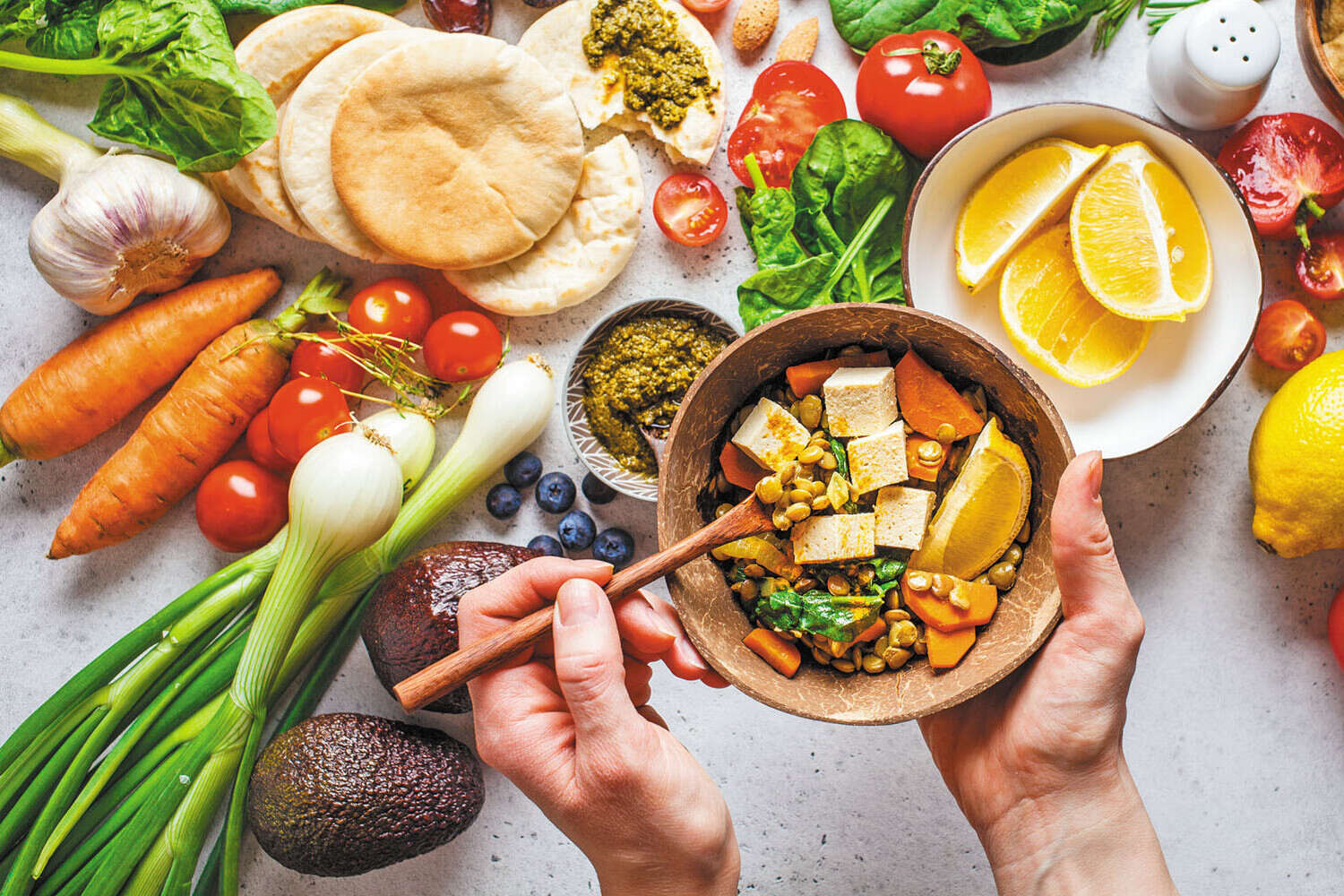
Are you curious about fat-free foods and their impact on your health? You're in the right place! Fat-free foods have been a hot topic for years, often seen as a healthier option. But what exactly makes them different? Fat-free foods contain less than 0.5 grams of fat per serving, making them a popular choice for those looking to reduce their fat intake. However, it's essential to understand that not all fat-free options are created equal. Some may contain added sugars or other ingredients to compensate for the lack of fat. In this post, we'll explore 21 intriguing facts about fat-free foods that will help you make informed choices. Ready to dive in? Let's get started!
What is Fat-Free?
Fat-free foods are those that contain less than 0.5 grams of fat per serving. These products are often marketed as healthier alternatives to their full-fat counterparts. But what do we really know about fat-free foods? Here are some interesting facts.
-
Fat-free doesn't mean calorie-free. Many fat-free foods have added sugars to enhance flavor, which can increase calorie content.
-
Fat-free foods can still contain unhealthy ingredients. Some fat-free products include artificial additives and preservatives.
-
Fat-free dairy products often have less vitamin A and D. These vitamins are fat-soluble, meaning they need fat to be absorbed by the body.
The Science Behind Fat-Free Foods
Understanding the science behind fat-free foods can help you make better dietary choices. Here are some scientific insights.
-
Fat is essential for absorbing certain nutrients. Vitamins A, D, E, and K are fat-soluble, meaning they need fat to be absorbed.
-
Fat-free foods can affect satiety. Fat helps you feel full, so fat-free foods might leave you feeling hungry sooner.
-
Fat-free foods can alter the taste and texture. Removing fat can change the mouthfeel and flavor of foods, often requiring additives to compensate.
Health Implications of Fat-Free Foods
While fat-free foods are often marketed as healthier, they come with their own set of health implications. Let's explore some of these.
-
Fat-free diets can lead to nutrient deficiencies. Essential fatty acids and fat-soluble vitamins are crucial for health.
-
Fat-free foods can contribute to overeating. The lack of satiety can lead to consuming more calories overall.
-
Fat-free foods can impact mental health. Healthy fats are important for brain function and mood regulation.
Common Misconceptions About Fat-Free Foods
There are many myths surrounding fat-free foods. Here are some common misconceptions debunked.
-
Fat-free foods are always healthier. This is not necessarily true, as they can contain added sugars and unhealthy additives.
-
Fat-free foods help with weight loss. While they may be lower in fat, they can still be high in calories.
-
All fats are bad. Healthy fats, like those found in avocados and nuts, are essential for good health.
Popular Fat-Free Foods
Many popular foods come in fat-free versions. Here are some examples and what you should know about them.
-
Fat-free yogurt often contains added sugars. Check the label for hidden sugars and artificial ingredients.
-
Fat-free salad dressings can be high in sodium. They often contain salt to make up for the lack of fat.
-
Fat-free snacks can be misleading. Items like fat-free chips may still be high in calories and low in nutrients.
The Role of Fat in a Balanced Diet
Fat plays a crucial role in a balanced diet. Here are some facts about the importance of fat.
-
Fat provides essential fatty acids. These are necessary for brain function and cell growth.
-
Fat helps regulate body temperature. It acts as an insulator to keep you warm.
-
Fat supports hormone production. Hormones like estrogen and testosterone rely on fat for synthesis.
Tips for Choosing Healthy Fat-Free Foods
Choosing healthy fat-free foods can be tricky. Here are some tips to help you make better choices.
-
Read the labels carefully. Look for hidden sugars and artificial ingredients.
-
Opt for natural fat-free foods. Fruits and vegetables are naturally fat-free and nutrient-dense.
-
Balance your diet. Include healthy fats from sources like avocados, nuts, and olive oil to ensure you're getting essential nutrients.
Final Thoughts on Fat-Free
Fat-free foods can be a great addition to a balanced diet, but they aren't always the magic bullet for health. While they can help reduce calorie intake, some fat-free options might contain added sugars or artificial ingredients to enhance flavor. Reading labels and understanding what you're consuming is key. Natural fat-free foods like fruits and vegetables are always a safe bet. Remember, not all fats are bad. Healthy fats found in avocados, nuts, and fish are essential for your body. Moderation is the name of the game. Don't just focus on cutting out fats; aim for a well-rounded diet that includes a variety of nutrients. By making informed choices, you can enjoy the benefits of fat-free foods without missing out on essential nutrients. Stay informed, eat smart, and enjoy your meals!
Was this page helpful?
Our commitment to delivering trustworthy and engaging content is at the heart of what we do. Each fact on our site is contributed by real users like you, bringing a wealth of diverse insights and information. To ensure the highest standards of accuracy and reliability, our dedicated editors meticulously review each submission. This process guarantees that the facts we share are not only fascinating but also credible. Trust in our commitment to quality and authenticity as you explore and learn with us.


